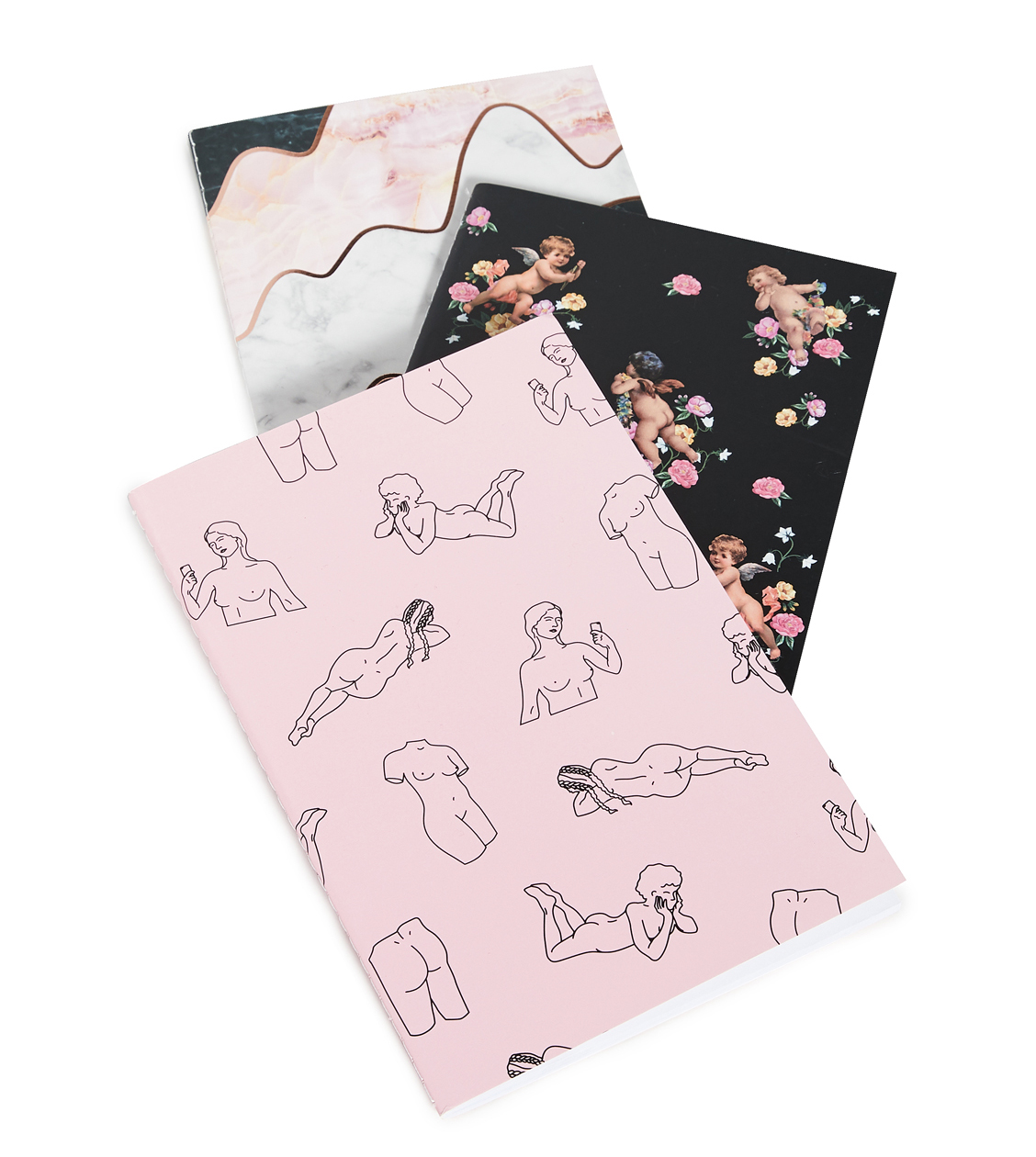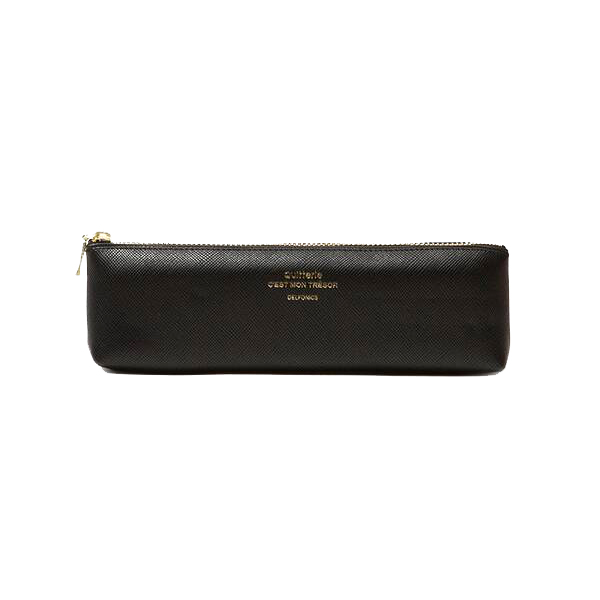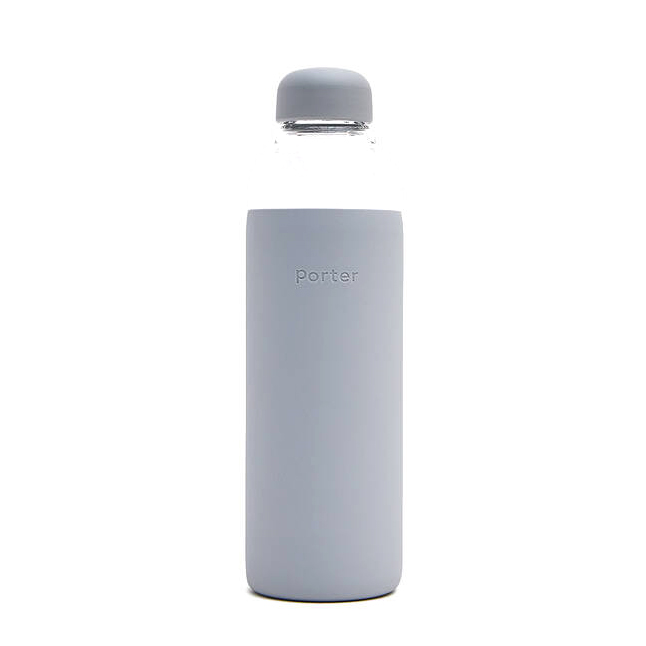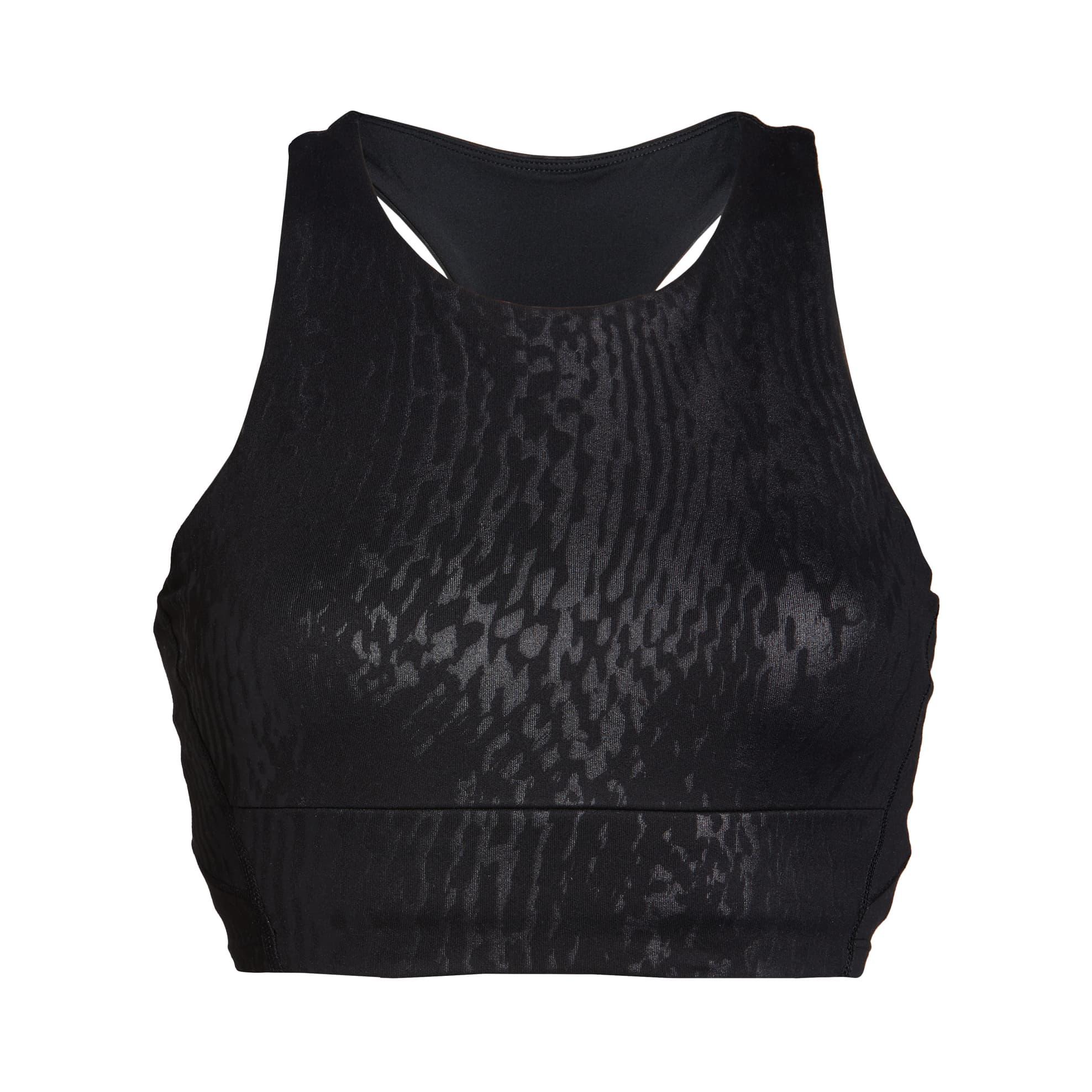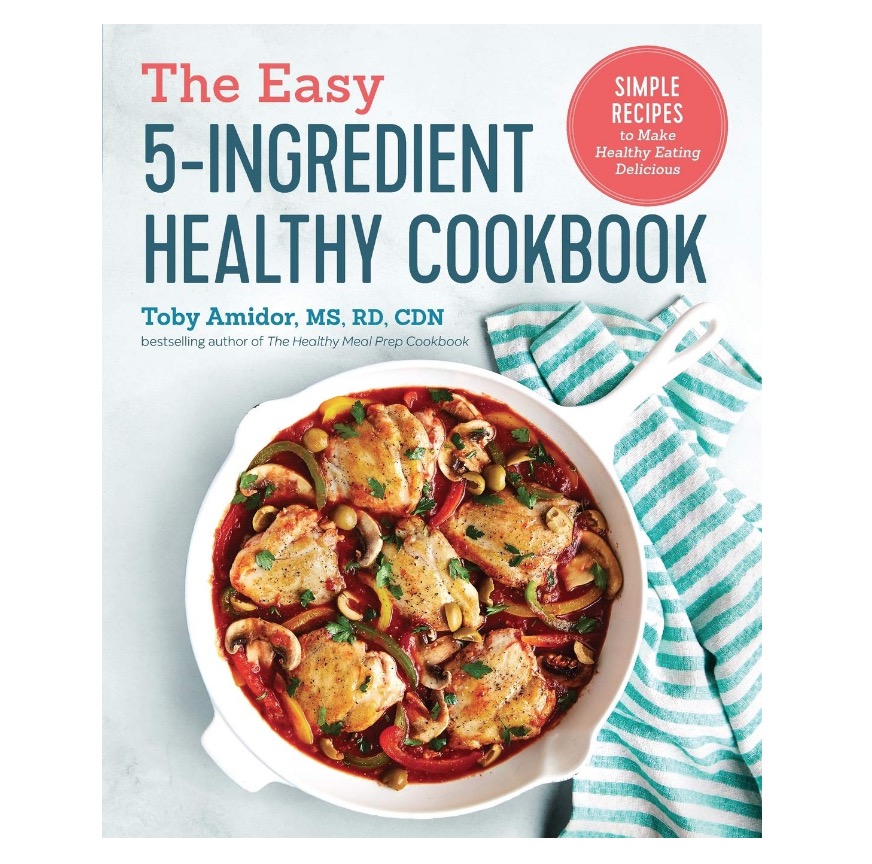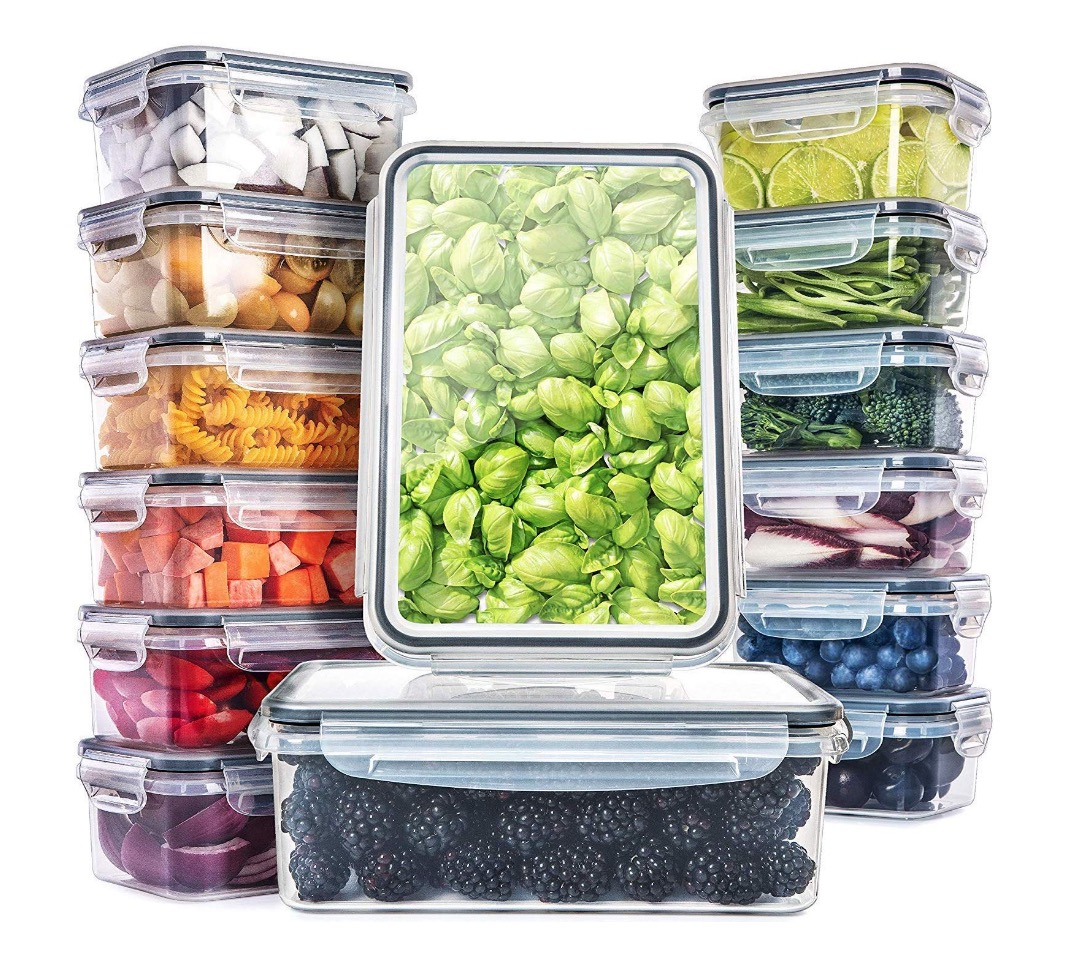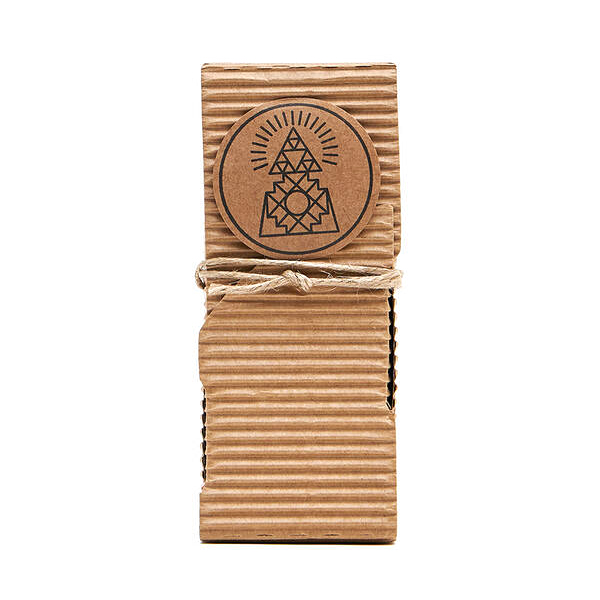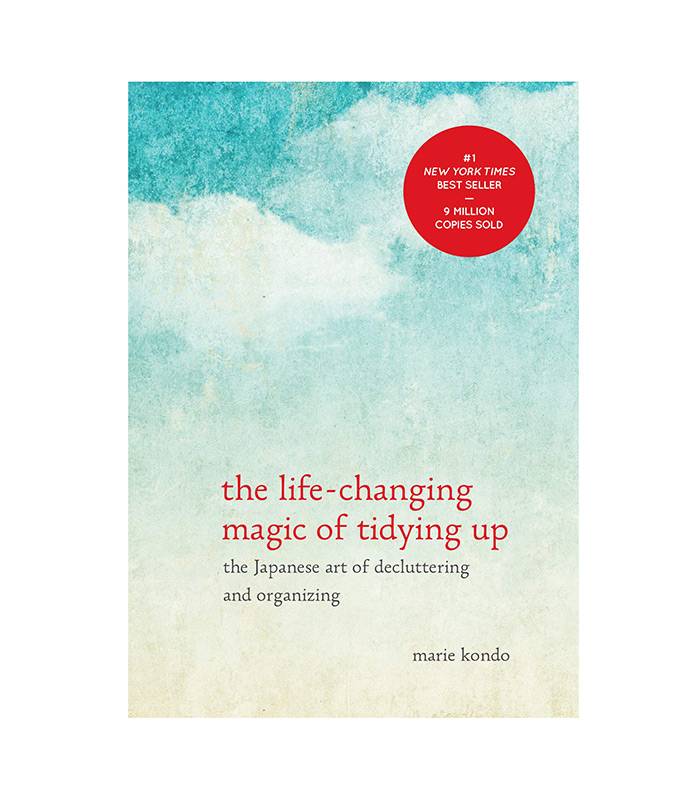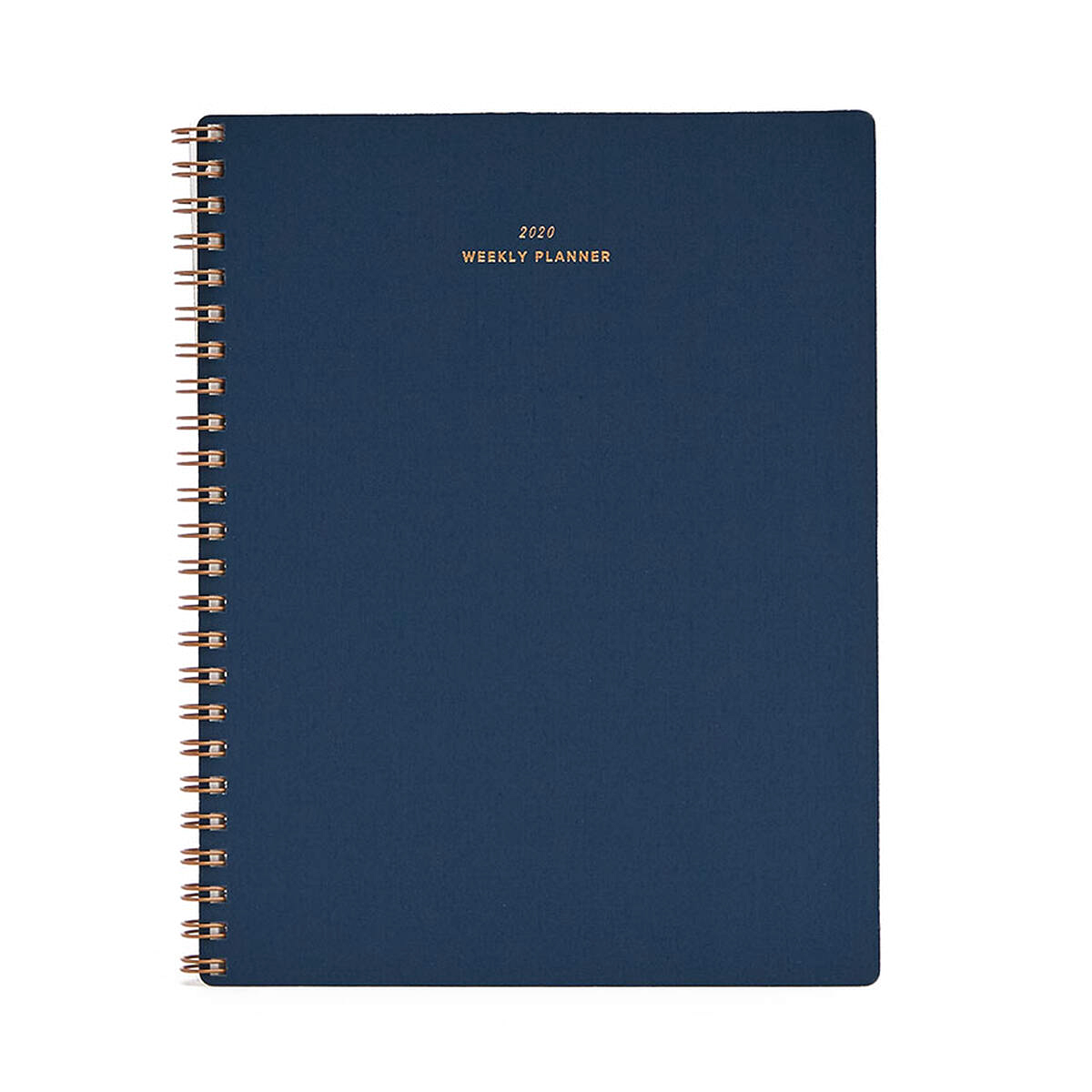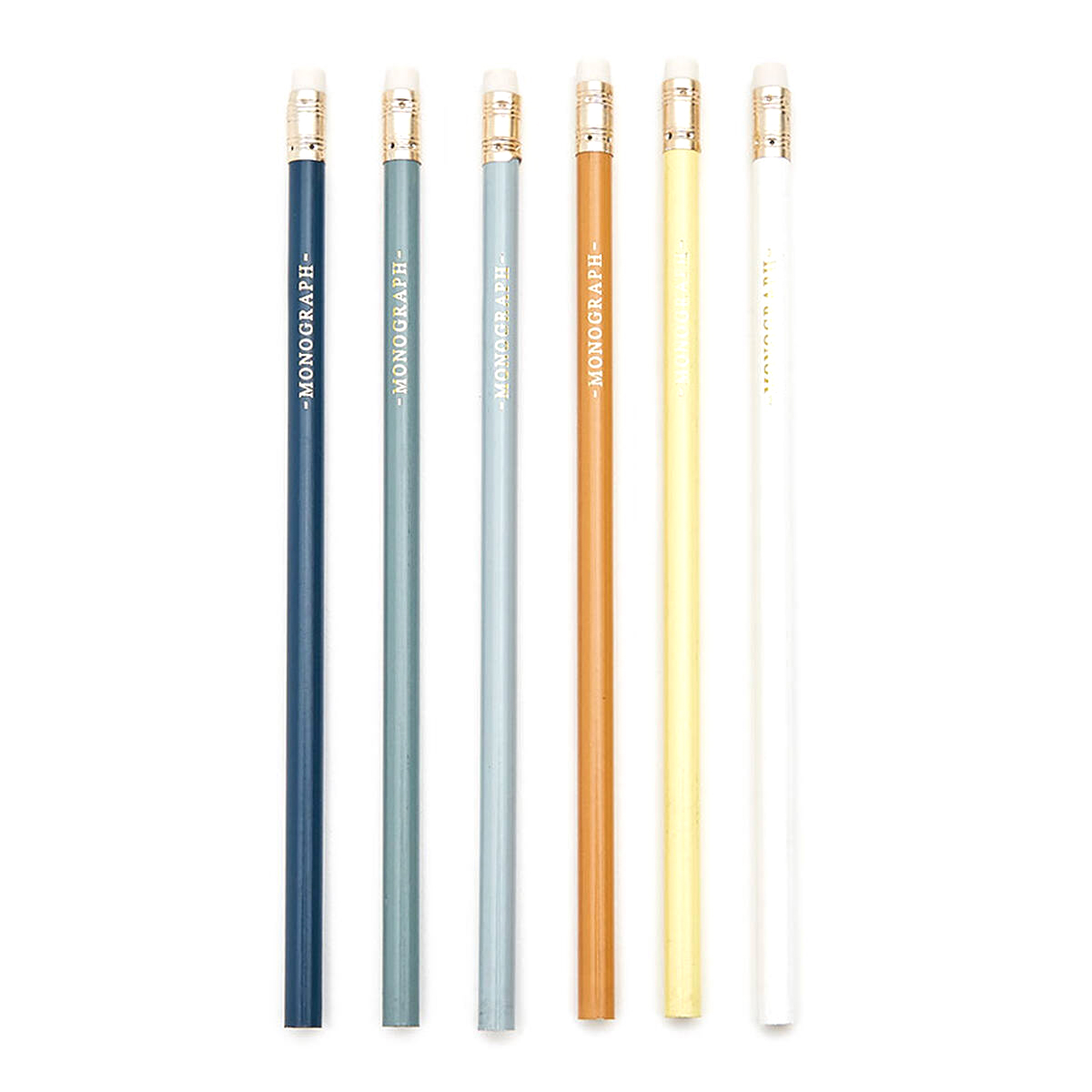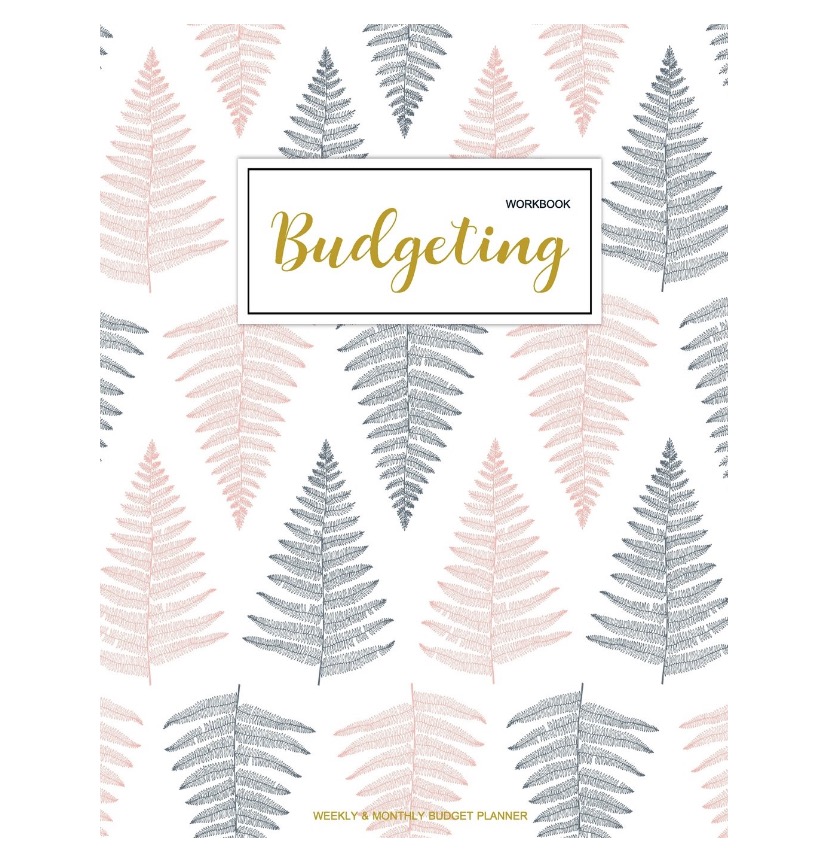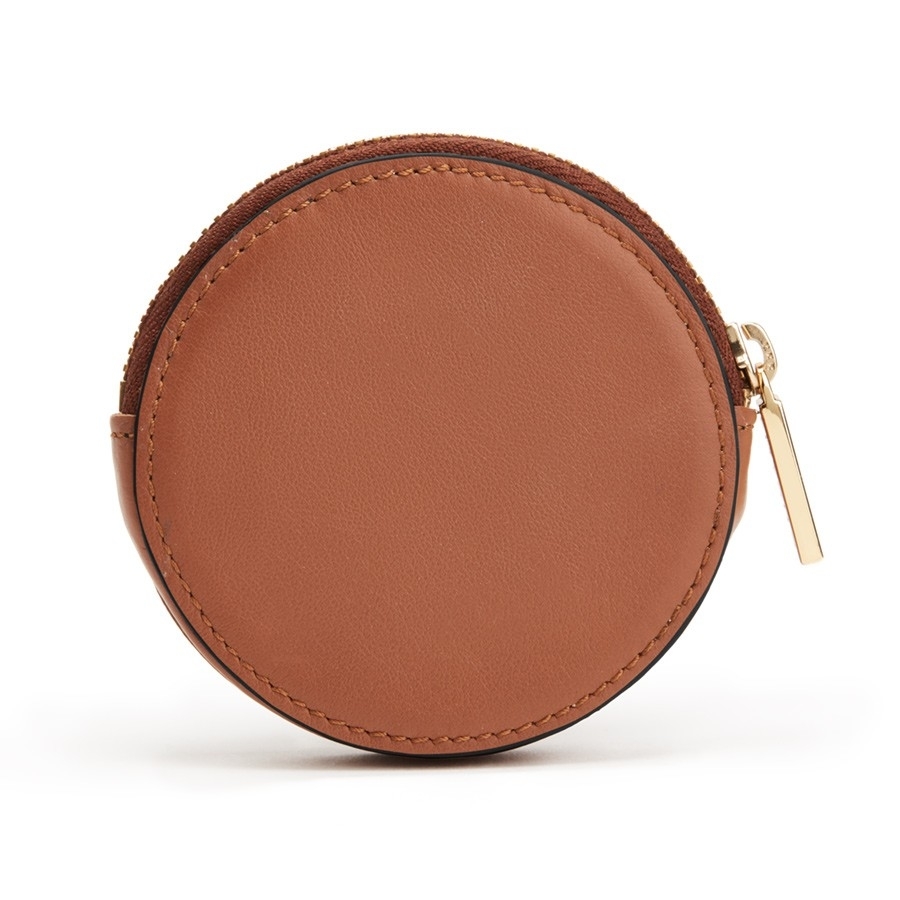Your Year-in-Wellness Checklist: What to Do for Your Health in 2020
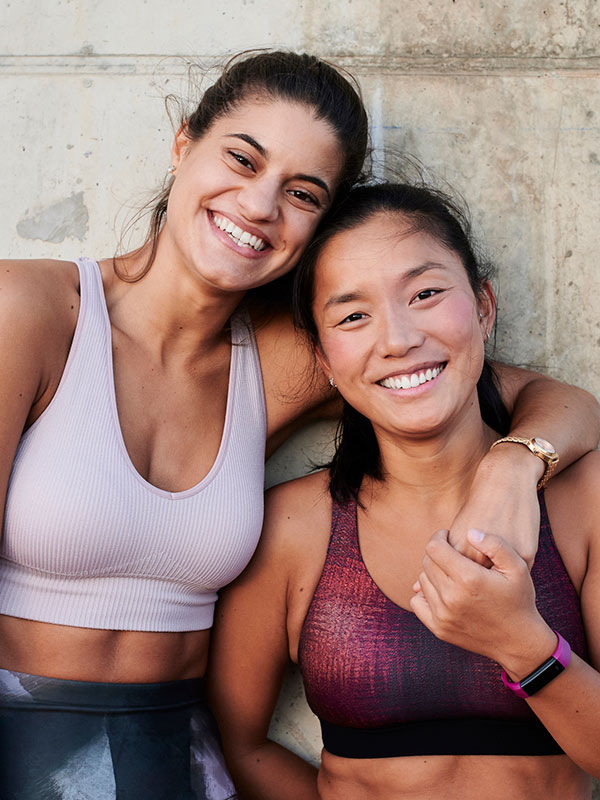
Life is a balancing act. Between work, running errands, paying your bills, squeezing in a workout, cleaning your home or apartment, doing your laundry, and trying to be a dedicated partner, friend, and family member, things can easily feel overwhelming.
Enter our 2020 self-care checklist, designed to help you meet all of your health and wellness goals this upcoming year. Our hope is that this list will ultimately ease anxiety—not create undue pressure like resolutions often can.
Categorized by health and wellness tentpoles, the below tips serve as an actionable, realistic plan for those looking to restore a sense of order to their lives, even in small ways. From the practical (scheduling all of your annual appointments) to the personal (reading and gratitude journaling), find our definitive self-care checklist for 2020 below.
Physical Health

Schedule your annual physical.
Physicals become less and less frequent as you age past 18 and blossom into adulthood. But according to the Centers for Disease Control and Prevention, annual checkups are still important. "Regular health exams and tests can help find problems before they start," reads the CDC website. "By getting the right health services, screenings, and treatments, you are taking steps that help your chances for living a longer, healthier life."
Pay a visit to the gynecologist.
While Pap smears are no longer required annually for women aged 30 to 65, it's important to pay a visit every one to three years. "There are health and quality-of-life issues that may not be addressed if [you] don't see a gynecologist," said Martha Richardson, MD, of Harvard Medical School. "Your gynecologist may be better equipped than your primary care provider to address issues related to hormone therapy, sexual function, and the female reproductive system."
Schedule a dentist appointment.
Generally speaking, you should see your dentist once every six months to once a year. "If you're on the healthier side, once a year is fine," Vera Tang, a New York City based dentist, tells Self. "Going twice a year would be on the safe side—any minor changes can be caught early and more easily remedied than if you wait the full year.”
Get an eye exam.
As the Mayo Clinic reports, eye exam frequency depends on your age, health, and existing eye conditions. If you wear glasses or contacts, for example, a yearly exam is preferred. A woman in her 20s or 30s with no eye health issues or vision problems can visit their eye doctor every five to 10 years.
Go to the dermatologist for a skin check.
People often visit the dermatologist when treating a specific condition, like acne or eczema. But as Summit Medical Review reports, "You should visit your dermatologist at least once each year for a thorough skin examination."
Mental Health

Prioritize regular appointments with your therapist (if you have one).
Your mental health is just as important as your physical health. If you see a mental health professional, try your best to prioritize recurring appointments. If you're interested in seeing a mental health professional but don't know where to start, read our guide on how to access affordable therapy in your area.
Journal.
Introspection is important when it comes to assessing your mental health. As the University of Rochester Medical Center reports, journaling can help you manage anxiety, control stress, and prioritize problems, fears, and concerns. Plus, it's totally free.
Spend time outside.
Studies show that heading outdoors can improve your mental state. Green spaces, in particular, can actually lower stress, blood pressure, and heart rate. Consider prioritizing outdoor activities, such as hiking, jogging, walking, or cycling to get some exercise and boost your mental health—especially if you struggle with conditions like anxiety and depression.
Fitness
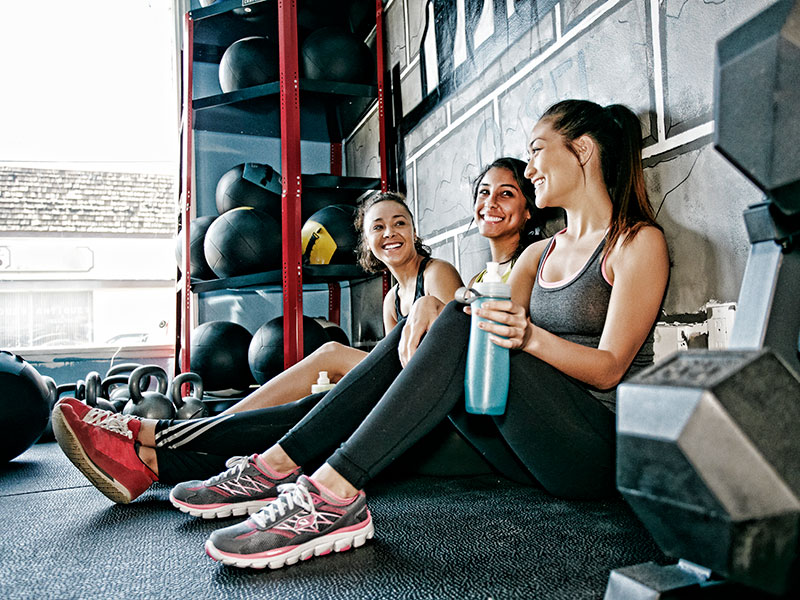
Consider a new exercise regimen.
According to the U.S. Department of Health and Human Services, adults should lightly exercise for a minimum of two and a half to five hours per week. This includes walking and power walking. This number drops to two and a half hours for vigorous-intensity aerobic physical activity, such as HIIT or cycling. Of course, these are just suggestions—if you don't meet these guidelines, don't let that discourage you from getting started.
Switch up your workouts.
One of the best ways to inspire workout motivation is to experiment with fun, new classes. If you find the right one, it might not even feel like exercise. From dance, barre, and yoga to Spinning, Pilates, and kickboxing, there's something out there for everyone.
Eating Habits
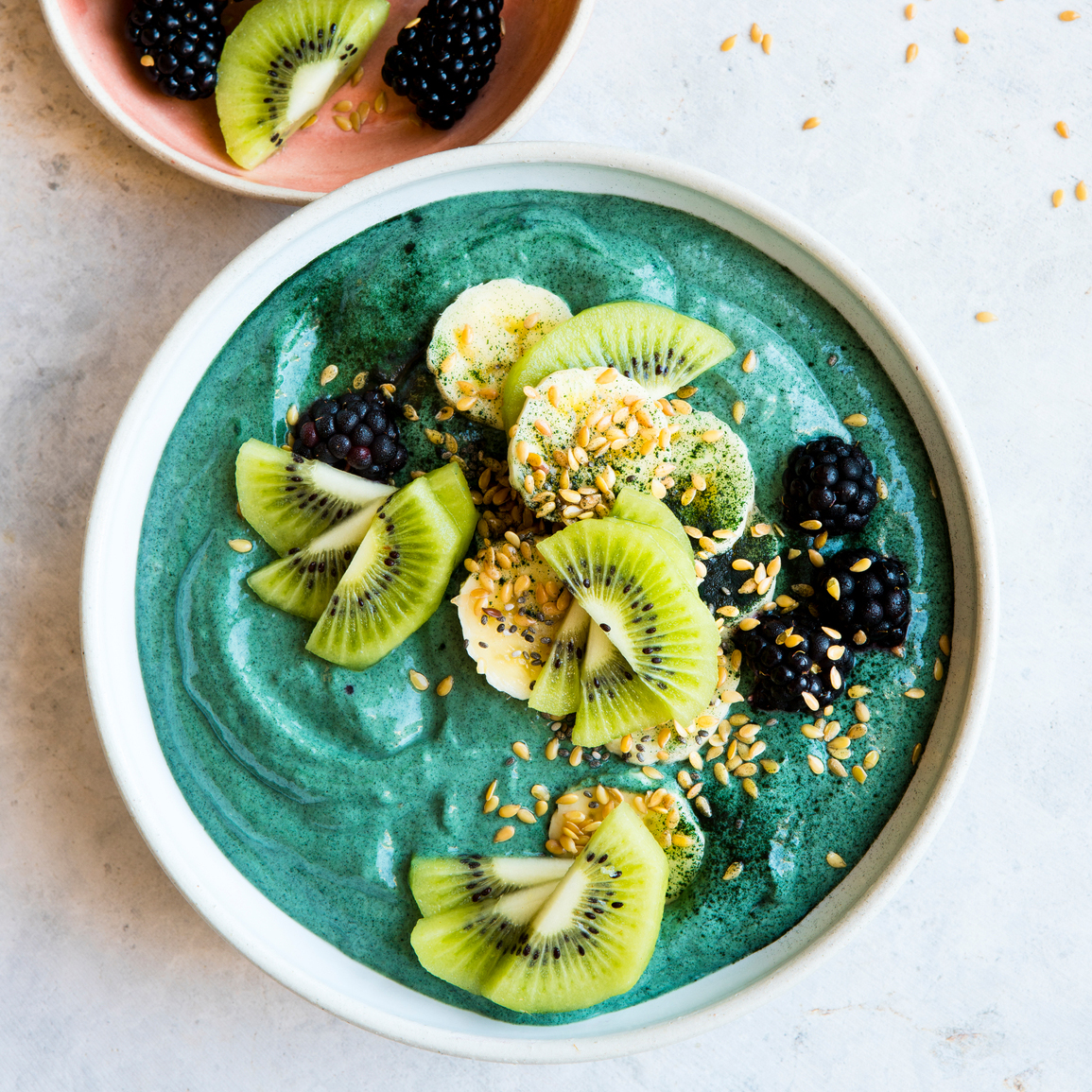
Prioritize your fruits and vegetables.
While your diet is ultimately a personal decision, it's been widely reported that one in 10 U.S. adults don't eat enough fruits and vegetables. As a general guide, the U.S. Department of Health and Human Services recommends building your diet around vegetables of all colors, whole fruits, whole grains, lean proteins, and oils like olive oil. Try to limit your intake of excess salt, added sugars, and saturated and trans fats. If you're interested in making a dietary change, a dietitian or nutritionist can help you find a meal plan that suits your lifestyle.
Self-Care
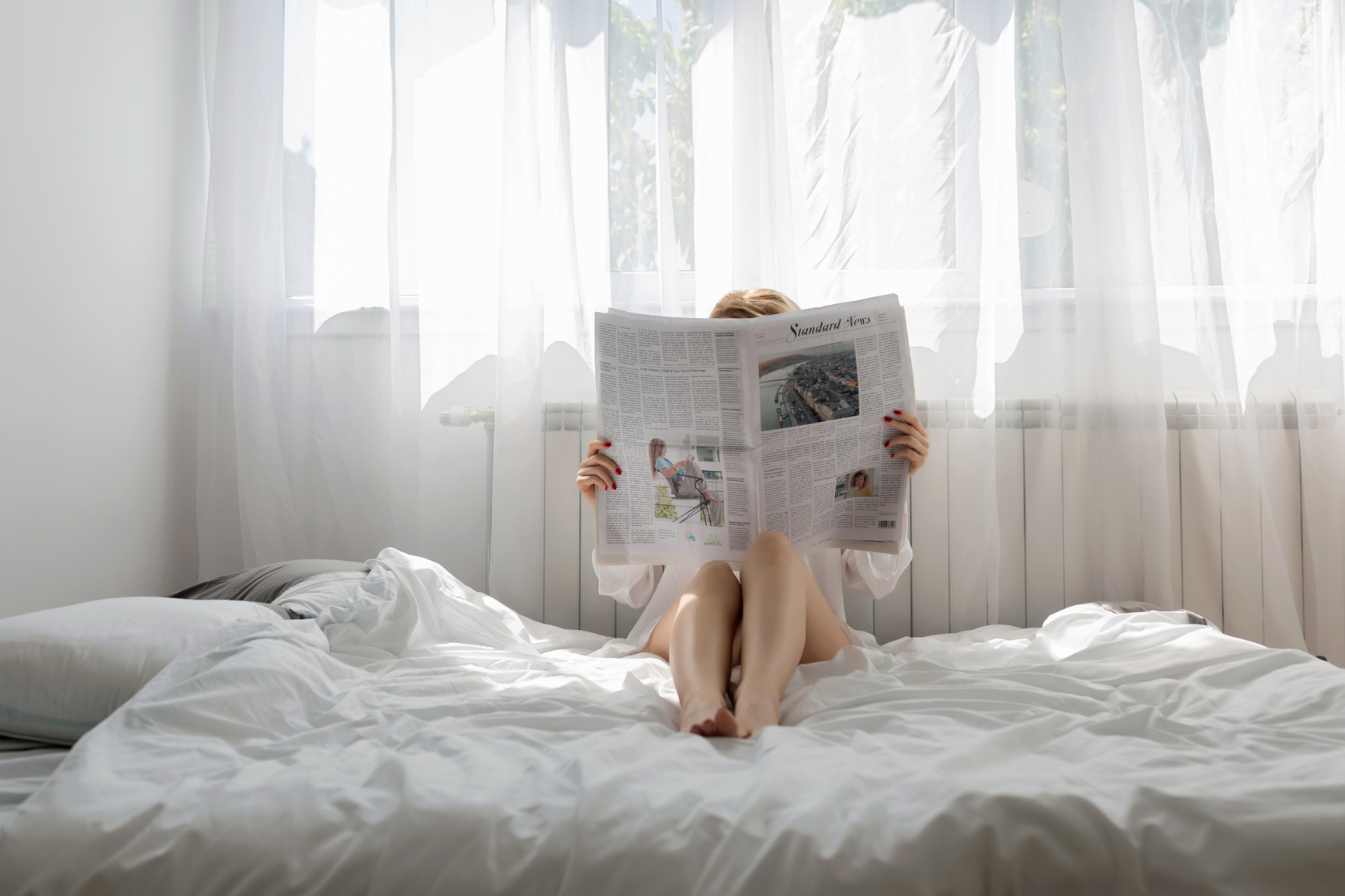
Practice mindfulness meditation.
The mental health benefits of meditation have been scientifically corroborated many times over. A single meditation session can actually reduce anxiety, ease symptoms of depression, lower blood pressure, and help insomnia. In other words, attempting to master this ancient practice (or even get through one 15-minute session) is a good use of your time.
Carve out time to read.
The mental and physical benefits of reading are endless. On one side of the coin, it can help you fall asleep and relax. On the other, indulging in a page-turner can sharpen your memory, broaden your vocabulary, improve focus and concentration, and expand your writing skills.
Declutter your space.
Even if you identify as a "messy" person, research shows that humans function more efficiently in clean, organized spaces. By eliminating so-called "visual chaos," you can actually reduce feelings of stress and anxiety, improve decision making skills, and increase productivity.
Professional Health

Reflect on your career.
Considering that the average person will spend one-third of their life at work, it's important to be professionally content at the very least. While not everyone is lucky enough to feel truly passionate about their life's work, you can always make small changes to set yourself on a fulfilling path. Reflect on where you're at in your career compared to where you want to be, and create a list of action items.
Make a list of 2020 career goals.
The act of physically writing down concrete goals, plans, and ideas might help bring them to fruition. Even if you don't hit said goals by December 2020, this list can serve as a professional road map for years to come.
Personal Finance

Create a budget or update your existing.
Considering one in three millennials experience some form of financial anxiety, taking the time to create a thorough, realistic budget might be one of the best things you can do for yourself. Best of all, you don't have to resort to finicky excel spreadsheets. There are plenty of budgeting apps out there designed to help you identify and stick to a budget.
Make a list of upcoming expenses.
If you're budget-averse, considering mapping out your event calendar and taking stock of your upcoming expenses. For example, you might have three bachelorette parties, three weddings, and a European adventure booked this summer. Do yourself a favor and start saving now.
Set a savings goal for yourself.
On an even smaller scale, you can set a simple savings goal for the year. For example, you can commit to putting 30% to 40% of each paycheck into your savings account.
This article is provided for informational purposes only and is not intended to be used in the place of advice of your physician or other medical professionals. You should always consult with your doctor or healthcare provider first with any health-related questions.
Kelsey Clark is a freelance writer and content strategist based in Detroit. She got her start in editorial in New York City as MyDomaine's lifestyle editor and has since gone full-time freelance. She now contributes toBest Knockoff Luxury Clothing , THE/THIRTY, Domino, Glamour, The Zoe Report, Apartment Therapy, and more, in addition to working with brands such as Bloomscape and EyeSwoon on content strategy and copywriting. She's written about fashion, interior design, health and wellness, pop culture, food, travel, politics, and professional development, but she'd consider the first three verticals her main "beats."
